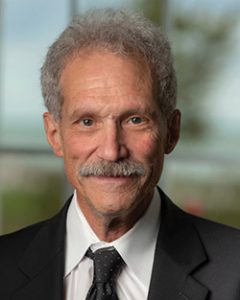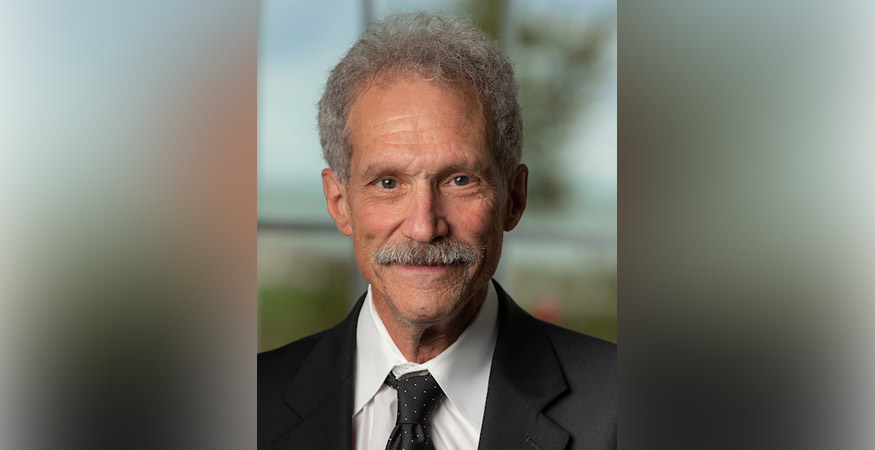Sweet Home Alabama? Not So Much
By: GREGG HERMAN//March 15, 2024//

Let me start with the good news (which seems to be in short supply right now): The Alabama Supreme Court decision on IVF does not apply in Wisconsin.
Given Gov. Evers’ veto power and the makeup of the Wisconsin Supreme Court, it’s not likely to be the law here anytime soon. For that matter, the decision does not even apply to Alabama anymore, as it was quickly reversed by legislation.
Still, the decision raises some interesting issues worth considering.
On Feb. 16, 2024, the Alabama Supreme Court ruled that embryos created through in vitro fertilization should be considered children.
The plaintiffs were three couples who underwent IVF treatment at a fertility clinic in Alabama. They became pregnant and gave birth to healthy babies. However, as is typical for IVF, several embryos were left over. These additional embryos were frozen and preserved by the fertility clinic.
In December 2020, a patient entered the fertility clinic’s cryo-preservation unit and opened one of the tanks in which frozen embryos were stored in subfreezing temperatures. For unknown reasons, the patient put his hand in and grabbed some of the embryos, dropping and destroying the them.
The Supreme Court of Alabama held that the Wrongful Death of a Minor Act applies “to unborn children who are not located in utero at the time they are killed.” Essentially, the court held that life begins at conception.
While this was a civil lawsuit, the concept would have vast implications for family law and criminal cases as well. Just as one example, in a divorce case, if frozen embryos are children, the court would have to make custody/placement orders, as it is required to do so for all children. Worse, use of certain types of birth control that prevent implantation of a fertilized egg may be manslaughter. As may be the accidental dropping of embryos.
More disturbing than the chaos that would be caused by “life begins at fertilization” is the language employed by the court, to wit:
“We believe that each human, being from the moment of conception, is made in the image of God, created by Him to reflect His likeness. It is as if the People of Alabama took what was spoken of the prophet Jeremiah, and applied it to every unborn person in the state.”
And:
“Carving out an exception for the people in this case, small as they were, would be unacceptable to the People of this State, who have required us to treat every human being in accordance with the fear of a holy God, who made them in His image.”
This language is even more scary than the holding itself (which is plenty scary). If you’re keeping score at home, the court used the word “God” a total of 41 times in its decision. Whatever happened to separation of church and state? Maybe they thought they were an ecclesiastical court as opposed to one who is supposed to dispense justice equally to all – including those who believe in a different god or, horrors, no god at all.
The end result of this episode is likely more political than legal. It’s difficult to see any other state adopting this holding, and it didn’t even last very long in Alabama. Politics is another matter, as it gives Democrats a talking point, in an election year where we already have a lot of shouting.
For us non-politicians? Well, despite the issues with our legislature and Supreme Court, it sure makes me happy that I live in Wisconsin!
Legal News
- Wisconsin attorney loses law license, ordered to pay $16K fine
- Former Wisconsin police officer charged with 5 bestiality felony counts
- Judge reject’s Trump’s bid for a new trial in $83.3 million E. Jean Carroll defamation case
- Dozens of deaths reveal risks of injecting sedatives into people restrained by police
- The Latest: Supreme Court arguments conclude in Trump immunity case
- Net neutrality restored as FCC votes to regulate internet providers
- Wisconsin Attorney General asks Congress to expand reproductive health services
- Attorney General Kaul releases update at three-year anniversary of clergy and faith leader abuse initiative
- State Bar leaders remain deeply divided over special purpose trust
- Former Wisconsin college chancellor fired over porn career is fighting to keep his faculty post
- Pecker says he pledged to be Trump campaign’s ‘eyes and ears’ during 2016 race
- A conservative quest to limit diversity programs gains momentum in states
WLJ People
- Power 30 Personal Injury Attorneys – Russell Nicolet
- Power 30 Personal Injury Attorneys – Benjamin Nicolet
- Power 30 Personal Injury Attorneys – Dustin T. Woehl
- Power 30 Personal Injury Attorneys – Katherine Metzger
- Power 30 Personal Injury Attorneys – Joseph Ryan
- Power 30 Personal Injury Attorneys – James M. Ryan
- Power 30 Personal Injury Attorneys – Dana Wachs
- Power 30 Personal Injury Attorneys – Mark L. Thomsen
- Power 30 Personal Injury Attorneys – Matthew Lein
- Power 30 Personal Injury Attorneys – Jeffrey A. Pitman
- Power 30 Personal Injury Attorneys – William Pemberton
- Power 30 Personal Injury Attorneys – Howard S. Sicula












